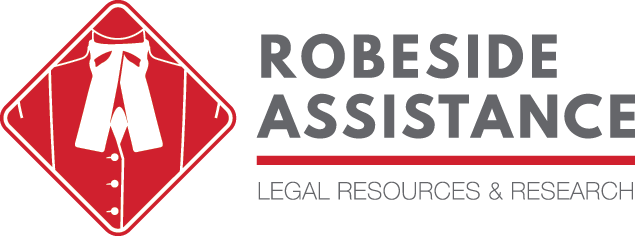The CALL/ACBD annual conference is coming to town next week, and we couldn’t be more excited! The last time the CALL conference was held in Ottawa was in 2007, so this will be the first time any of us here at the CCLA get to attend the conference on home turf and welcome our library friends and colleagues to the city. The conference planning committee has put together an excellent program on the theme of “Celebrate our history, create our future,” appealing to a wide variety of our interests as law librarians. Here are just a few of the sessions we’re especially looking forward to:
Uncharted Ethical Lands: Law Libraries as Creators, Publishers and Hosts of New Information
“Law Libraries are exploring new and non-traditional roles as creators, hosts, and publishers of locally created content. Learning hubs, incubators, data repositories, and OA e-publishing are a few of the exciting services that may re-position libraries and librarians as leaders in the new information environment. These kinds of services can potentially lead us into legal and ethical minefields as we negotiate competing rights, explore the extent of institutional responsibility, and begin to build our brand as publishers. This workshop offers the PLUS model of decision making as one tool to assist library staff in working through the ethical and legal obligations associated with these new and yet-to-be determined roles. After a presentation of the model, participants will work in groups to apply ethical decision-making processes to real case studies, and then come together to arrive at the best and most ethical “let’s make this happen” solutions.”
Wikipedia and the Law: A Mini Edit-A-Thon
“‘Why is there no Wikipedia article about Elder Law in Canada?’ ‘Why does the article on the Legislative Assembly of Ontario need citation verification?’ ‘Shouldn’t someone fix this?’ Yes – and that someone is you. This hands-on workshop will show you how to create your own Wikipedia account, how to edit and add content to existing Wikipedia articles related to the law, and how to create Wikipedia articles from scratch. You will also learn helpful tips and tricks for hosting your very own Wikipedia Edita-Thon.”
Judicial and Legal Archives – Preserving the Past, Telling Stories in the Future
“Judicial information includes both the judgments and orders produced by Courts, the case files, and the personal archives of judges. How is this record being preserved across the country, and what stories does it hold? What will the record look like in the future, as email replaces analogue correspondence? Can we preserve the electronic record? Rosalie Fox, Director of the Supreme Court Library and Information Management Branch will discuss the challenges of archiving judges’ personal archives, and how deliberative secrecy impacts judicial archives here and around the world. Professor Philip Girard, eminent legal historian, will speak about using case files and judicial personal papers to illustrate the evolution of Canada’s legal history. David Rajotte, an archivist with Library and Archives Canada, and the archivist responsible for the recent assessment of the Supreme Court and Exchequer Court’s collections, will round out the panel, with a perspective on preserving judicial archives.”
The Digital Litigator : Throwing Away the Binders and the Briefcases
“Justice Canada’s lawyers, members of the federal department frequently referred to as “Canada’s largest law firm”, are changing the way they litigate. Learn from Jean-Sébastien Rochon about how his group is equipping litigation teams with the information technology, tools, information, and processes to change the way they practice law in a digital information environment.”
As always, you can follow tweets from the conference with the hashtag #CALLACBD2017.
